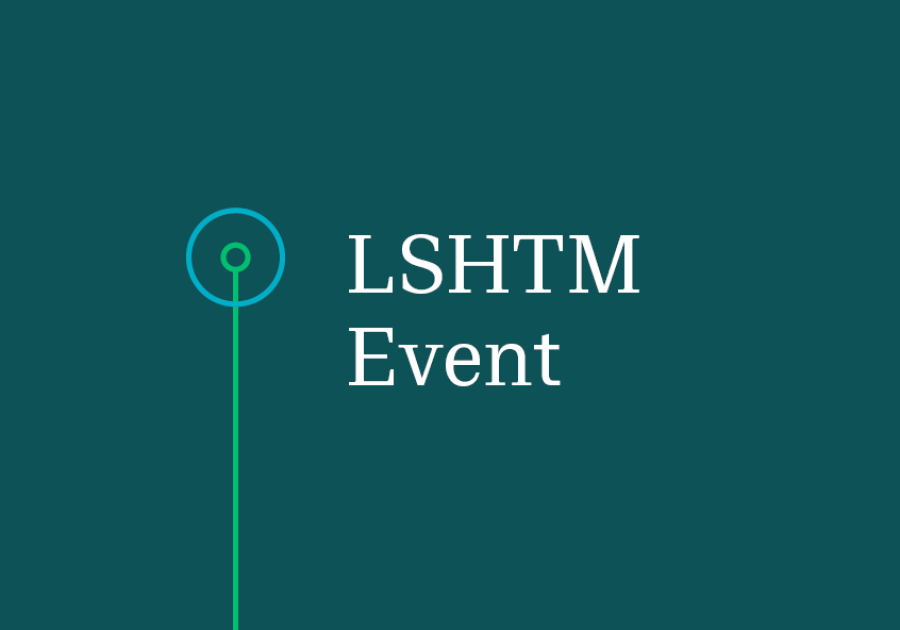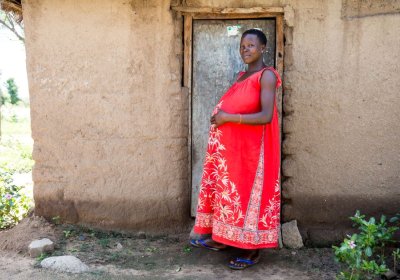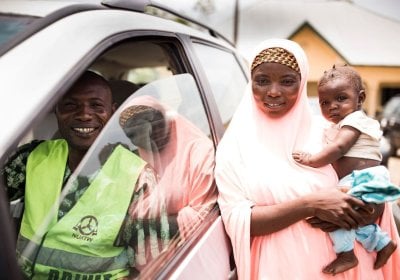Enabling data-driven decision making in the district health system in Ethiopia

Findings from the cluster-randomised controlled trial by Dr Bilal Avan
IDEAS webinar series in collaboration with the MARCH Centre and the Centre for Evaluation
The IDEAS Phase 2 project focusses on understanding what works, why and how to improve the health and survival of mothers, newborns and children. This four-part webinar series will provide an overview of four areas of IDEAS-led research.
- Part 1: Use of data for decision-making
- The first webinar will cover research conducted to support the use of data for decision-making through the implementation of the Data-Informed Platform for Health in Ethiopia.
- Part 2: Health Collaboratives in Ethiopia
- The second will cover research carried out to understand how quality improvement collaboratives operate, specifically in Ethiopia.
- Part 3: Experience of care
- The third webinar will focus on findings from a recent study that aimed to use novel data collection methods to understand women’s experience of facility-based childbirth care in Nigeria.
- Part 4: Effective coverage measurement
- The final webinar will present findings from research into effective coverage measurement for maternal and newborn health, as part of a long-standing engagement in Gombe State, Nigeria.
Part 1: Use of data for decision-making
The Data-Informed Platform for Health (DIPH) is a health system-strengthening intervention which uses local data sources to promote structured decision-making by health administrators and managers. DIPH was tested in Ethiopia's North Shewa zone (24 districts), employing a cluster-randomised control design. Decision-making forums at the district level were strengthened by DIPH: as a result of significant improvements in data management and appraisal practices, systemising problem analysis to follow up on action points, and, overall, creating a stakeholder culture of positive engagement.
Speaker
Dr Bilal Iqbal, LSHTM
Bilal’s work for the IDEAS project has focused on studying community-based and low-cost interventions to improve maternal, newborn and child care. He also led the work on the DIPH in Ethiopia, an approach which facilitates review and use of data in local-level decision-making in the health sector.
Admission
Contact






